UK, EU reach deal on post-Brexit transition period
The United Kingdom and the European Union have reached a landmark deal on a Brexit transition phase that will last for nearly two years after Britain's departure from the EU next year.
The deal was reached Monday after London made a series of concessions to Brussels, which included accepting a “back stop” plan of keeping Northern Ireland under EU law to avoid a hard border with the Republic of Ireland.
The EU’s Brexit negotiator Michel Barnier said the two sides were "in agreement on a large part" of the departure treaty governing the terms of Britain's exit after four decades of membership in the EU.
"We have reached an agreement on the transition period," Barnier told a press conference with Brexit Secretary David Davis.
The post-Brexit transition will begin on March 29, 2019, the day Britain formally exits the EU and last until December 31, 2020, Barnier said.
During that period, Britain "will no longer participate in the European Union decision-making process," Barnier added.
"Nevertheless, it will preserve the benefits, the advantages of the single market and the customs union... and will therefore be required to respect all the European rules just like all member states do."
The purpose of the transition period is twofold: to give EU and UK businesses and citizens time to adjust to life after Brexit, and to give Britain and the EU more time to agree on a trade deal.
The UK also agreed in principle to the EU's "backstop" plan for the status of the Irish border, under which British-ruled Northern Ireland would remain part of the EU's customs union if there is no better idea.
The thorny issue will, however, require further talks to be fully resolved, the two sides said.
The EU insists that any departure agreement must ensure there is no "hard border" between EU member Republic of Ireland and Northern Ireland, saying it could compromise the 1998 peace accord that ended decades of sectarian violence in the British province.
The remaining 27 EU countries say Britain must agree to terms on Northern Ireland before it will sign off on the final version of their divorce agreement and advance to trade talks in April.
Several weeks ago, UK Prime Minister Theresa May said no British premier could ever accept such an idea, saying it would compromise Britain's constitutional integrity and effectively draw up a border between Northern Ireland and the rest of Britain.
VIDEO | 85% of Yemeni displaced people face daily hunger crisis
US House passes bill targeting charities and pro-Palestine groups
VIDEO | Supporting Gaza genocide
Hezbollah attacks Israeli forces after Lebanese homes blown up
World leaders, states hail ICC arrest warrants for Netanyahu, Gallant
MP: US accountable for possible Israeli 'foolishness' to attack Iraq
VIDEO | Israeli policies strangle Palestinian agriculture, economy
Iran's president offers condolences to Pakistan over terrorist attack


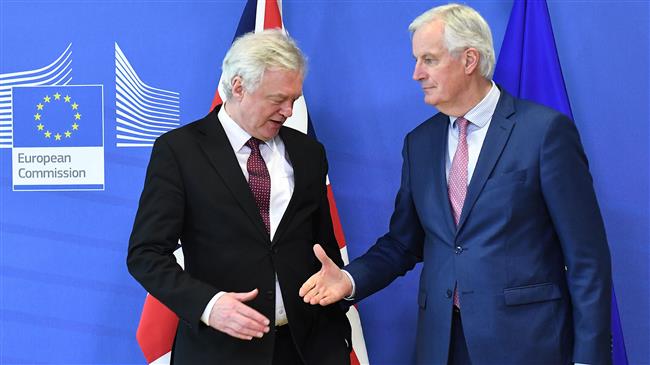


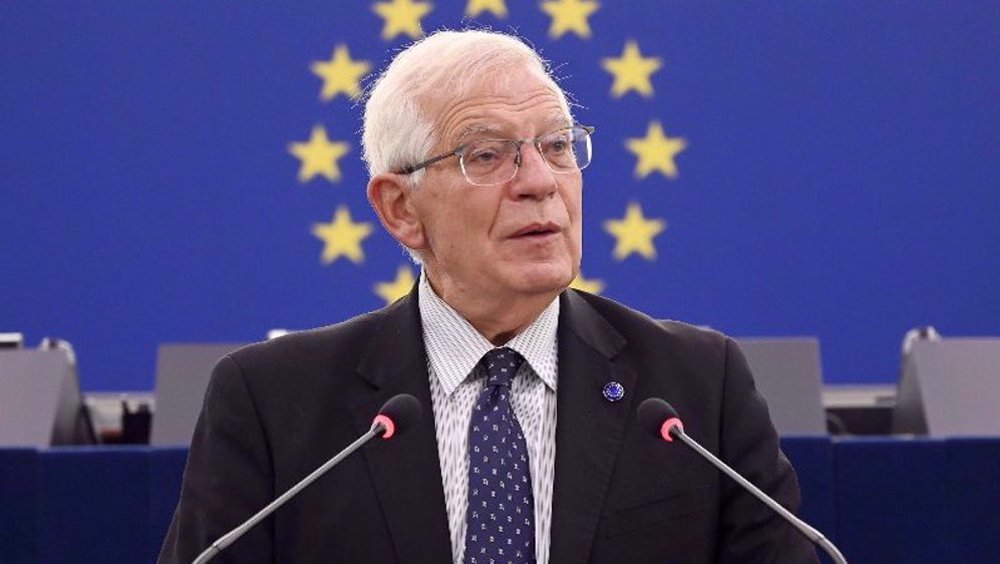




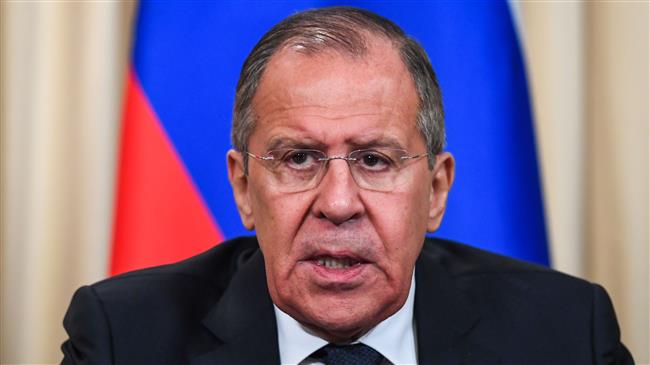
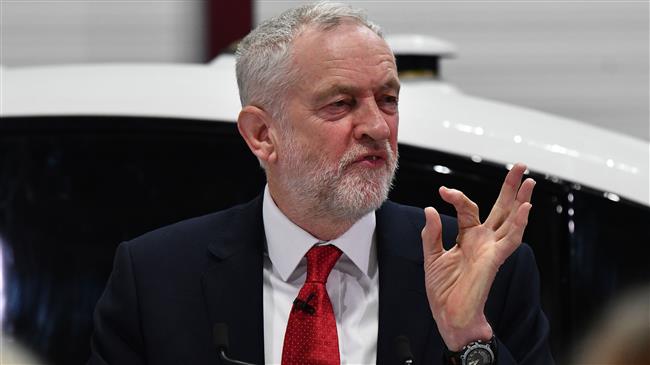
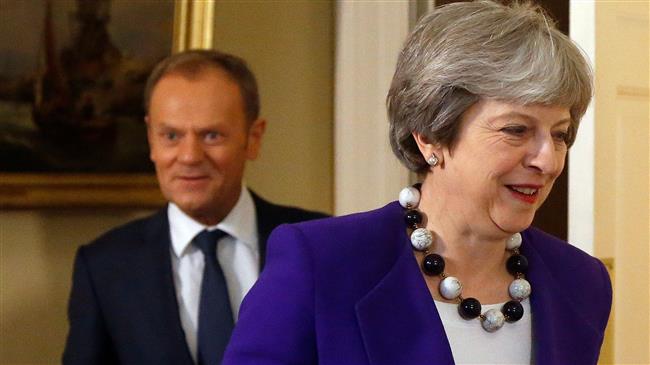
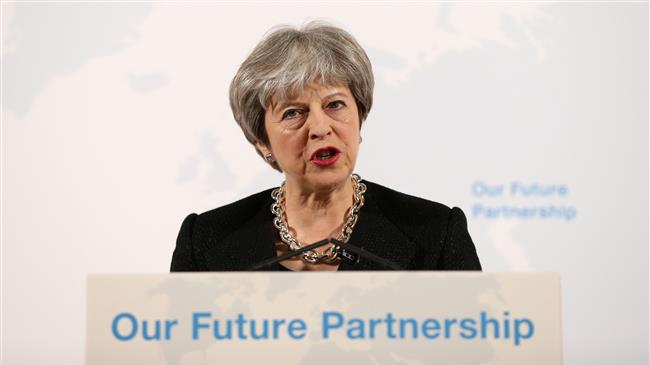
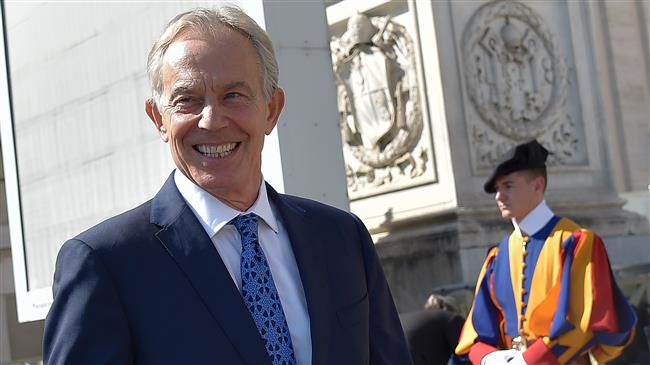

 This makes it easy to access the Press TV website
This makes it easy to access the Press TV website